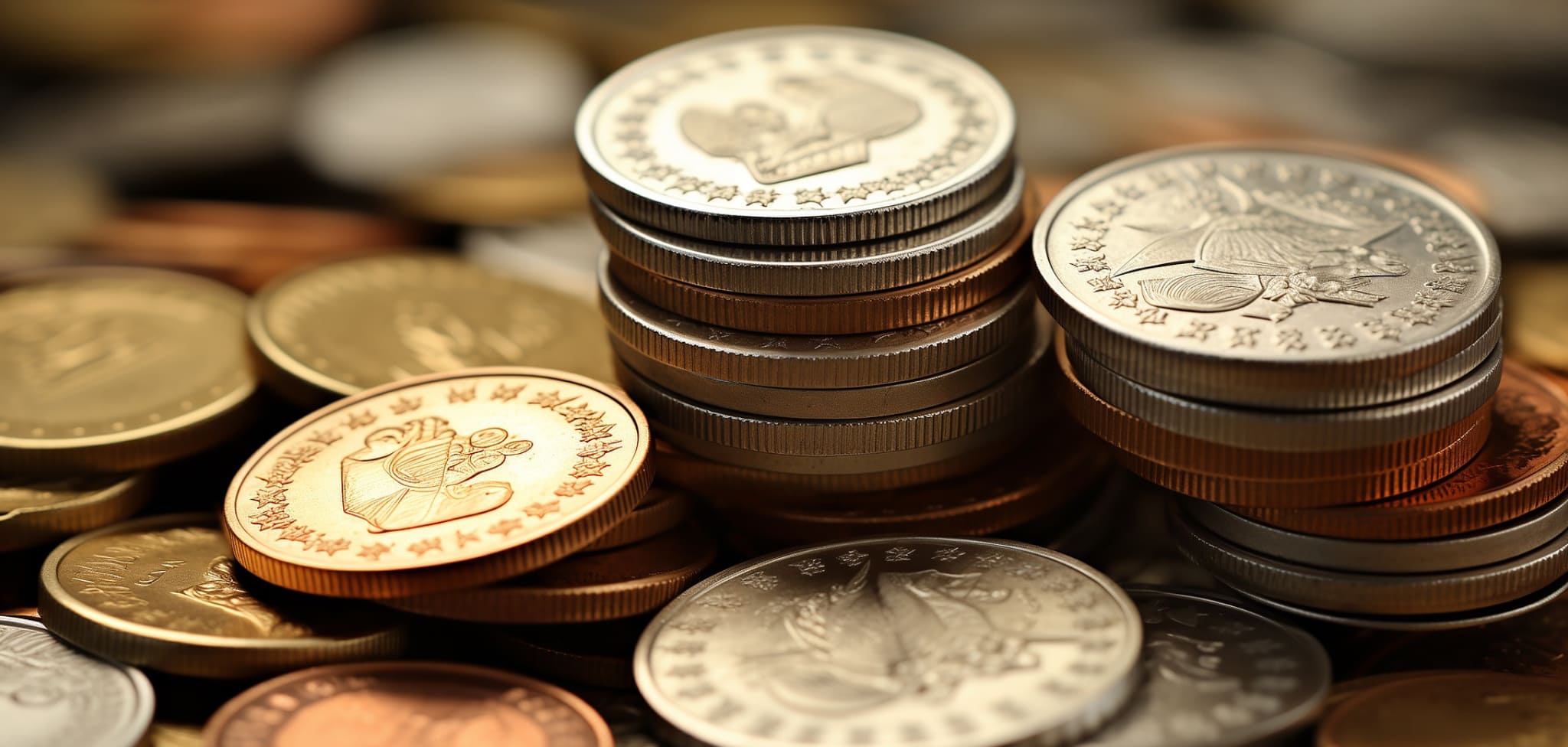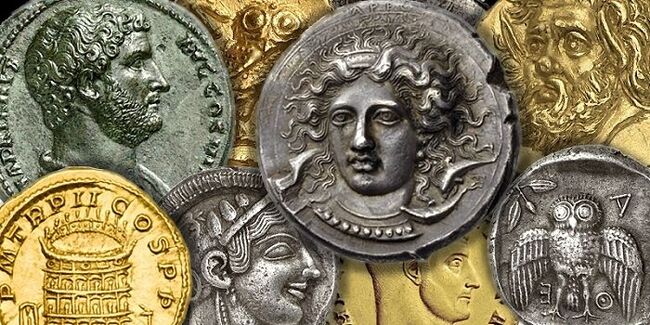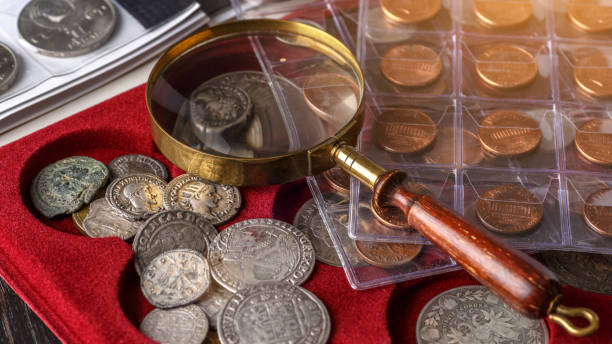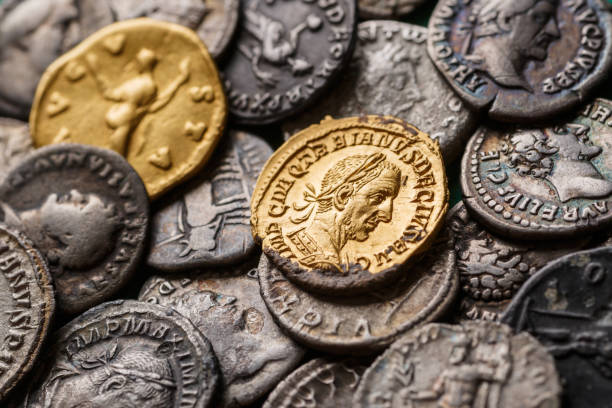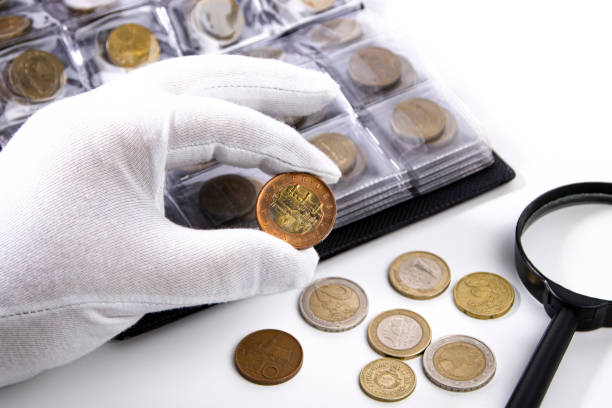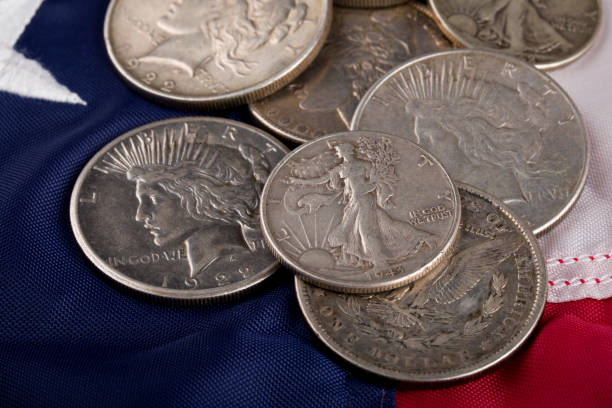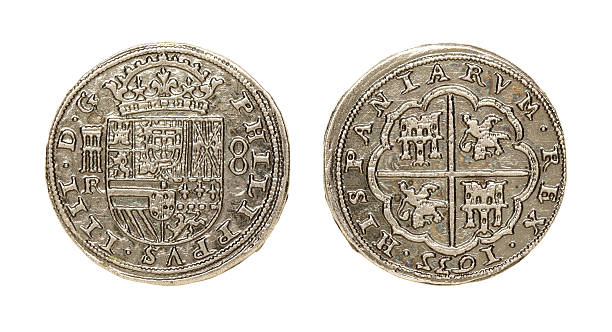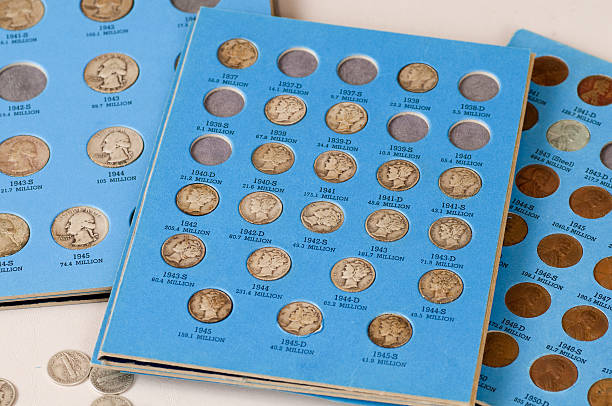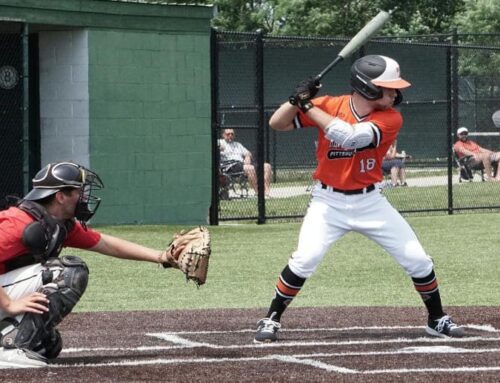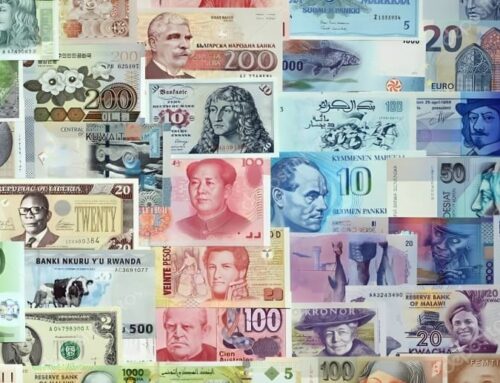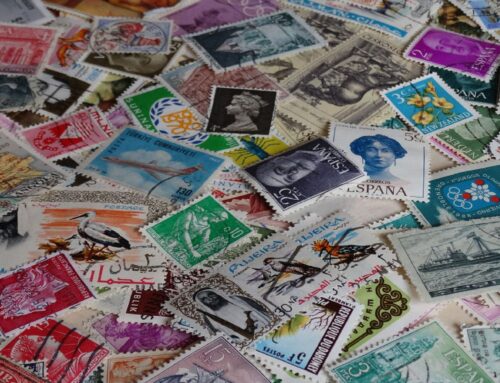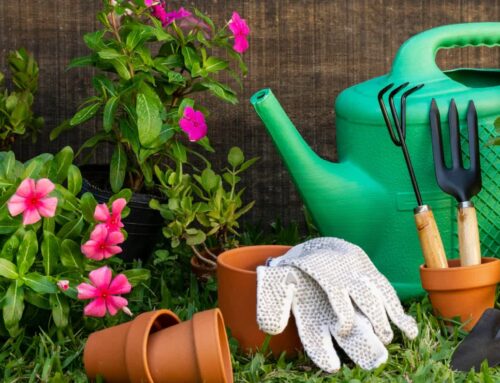Coin Collecting Hobby: A Guide to Starting Your Collection
If you’ve ever found yourself fascinated by the intricate designs and historical significance of coins, you might want to consider starting a coin collecting hobby. Coin collecting, also known as numismatics, is a popular pastime enjoyed by millions around the world. It involves collecting and studying coins and other currency, with a focus on their rarity, historical context, and aesthetic appeal.
One of the reasons coin collecting is such a popular hobby is because it can be enjoyed by people of all ages and backgrounds. Whether you’re a history buff, a lover of art and design, or simply looking for a new way to pass the time, there’s something for everyone in the world of numismatics. Plus, coin collecting can be a great way to learn about different cultures and historical periods, as well as to connect with other collectors who share your interests.
If you’re just starting out, it’s important to do your research and learn as much as you can about coin collecting before you begin. This might involve reading books and articles, attending coin shows and auctions, or joining online forums and communities. With time and practice, you’ll develop a keen eye for rare and valuable coins, and you’ll be able to build a collection that reflects your unique interests and passions.
History of Coin Collecting
Coin collecting is one of the oldest hobbies known to humanity. It has been around for thousands of years and has evolved over time. This section will explore the history of coin collecting, from its ancient origins to modern times.
Ancient Origins
The origins of coin collecting can be traced back to ancient Rome, where wealthy citizens would collect coins as a way to display their wealth and status. This practice soon spread throughout Europe and eventually to other parts of the world.
In ancient China, coins were collected for their artistic and historical value. The Chinese would often inscribe their coins with poems or other literary works, making them valuable not only for their monetary worth but also for their cultural significance.
Modern Evolution
Coin collecting continued to evolve in the modern era. In the 1800s, coin collecting enjoyed a revolution. The scope of study broadened from ancient coins to world coins, including U.S. coins. Novices and non-scholars had introductory handbooks at their disposal. Collectable coins became accessible to people in the middle class.
In the late 1990s, the U.S. Mint introduced the 50 State Quarters program, which sparked a renewed interest in coin collecting. Collectors began collecting the U.S. quarters, which led many to start collecting coins of other types as well.
Today, coin collecting is a popular hobby around the world. Collectors enjoy the challenge of finding rare and valuable coins, as well as the historical and artistic value of the coins themselves. Whether you’re a beginner or an experienced collector, there’s always something new to learn and discover in the world of coin collecting.
Getting Started
If you’re interested in starting a coin collection, there are a few things you’ll need to get started. In this section, we’ll cover the basic tools and supplies you’ll need, how to set collecting goals, and where to learn the basics.
Basic Tools and Supplies
Before you start collecting coins, you’ll need some basic tools and supplies to help you organize and protect your collection. Here are a few things you’ll need:
- Coin albums or folders: These are used to store and display your coins. Albums are usually made of sturdy cardboard or plastic and have slots for each coin. Folders are made of paper and have pockets for each coin.
- Coin flips or holders: These are small, plastic holders that are used to protect individual coins. They’re great for storing coins that you want to keep separate from your collection.
- Storage container: Store your coin holder in a storage container to protect it from dust and damage.
- Magnifying glass: A magnifying glass is essential for examining your coins closely and checking for any imperfections or damage. Look for one with a 5x to 10x magnification.
- Gloves: Wearing gloves when handling coins can help prevent oils from your skin from damaging the coins.
Setting Goals
It’s important to set goals when starting a coin collection. This will help you focus your efforts and make collecting more enjoyable. Here are some tips for setting goals:
- Decide on a theme: Do you want to collect coins from a specific country, time period, or denomination? Choosing a theme will help you narrow down your collection and make it more cohesive.
- Determine your budget: Coin collecting can be an expensive hobby, so it’s important to set a budget and stick to it. Decide how much you’re willing to spend on coins and supplies.
- Research: Learn as much as you can about the coins you’re interested in collecting. This will help you make informed decisions and avoid scams or counterfeit coins.
Learning the Basics
If you’re new to coin collecting, it’s important to learn the basics before you start collecting. Here are a few resources that can help you learn more:
- Coin collecting books: There are many books available that cover the basics of coin collecting, as well as more advanced topics.
- Online resources: There are many websites and forums dedicated to coin collecting that can provide valuable information and advice.
- Coin shows: Attending a coin show can be a great way to learn more about coin collecting and meet other collectors.
By following these tips and using the right tools and resources, you’ll be well on your way to starting a successful coin collection.
Types of Coins
There are many types of coins that you can collect, ranging from circulated coins to foreign coins. In this section, we will take a closer look at some of the most popular types of coins that you can add to your collection.
Circulated Coins
Circulated coins are coins that have been used in everyday transactions and have been in circulation for a long time. These coins can be found in change and are often collected based on their rarity or historical significance. Some examples of circulated coins that are popular among collectors include the Indian Head penny, the Buffalo nickel, and the Mercury dime.
Uncirculated Coins
Uncirculated coins are coins that have never been used in transactions and are in pristine condition. These coins are often collected in their original packaging, such as coin sets or mint rolls. Uncirculated coins are highly sought after by collectors and can be quite valuable. Some examples of uncirculated coins that are popular among collectors include the American Silver Eagle, the Canadian Maple Leaf, and the Chinese Panda.
Commemorative Coins
Commemorative coins are coins that are issued to commemorate a special event or occasion. These coins are often limited edition and can be quite rare. Commemorative coins can be collected for their historical significance or as a way to remember a special event. Some examples of commemorative coins that are popular among collectors include the 50 State Quarters, the Presidential Dollar series, and the Olympic coins.
Foreign Coins
Foreign coins are coins that are issued by countries other than your own. These coins can be collected for their rarity, historical significance, or simply for their unique designs. Collecting foreign coins can be a fun way to learn about different cultures and countries. Some examples of foreign coins that are popular among collectors include the British Sovereign, the Mexican Libertad, and the Australian Kangaroo.
Error Coins
Error coins are another popular type of coin to collect. These coins are made with mistakes during the minting process, such as a double stamp or a missing letter. Because these coins are rare and unique, they can be quite valuable to collectors.
In conclusion, there are many types of coins that you can collect as a hobby. Whether you prefer circulated coins, uncirculated coins, commemorative coins, or foreign coins, there is something for everyone. With a little bit of knowledge and patience, you can build a collection that is both valuable and meaningful.
Grading and Valuation
Understanding Coin Grading
Coin collecting is not just about acquiring coins, but also about understanding the value and condition of each coin. Grading and valuation are essential aspects of coin collecting that require knowledge and expertise. In this section, we will discuss the coin grading systems and how to determine the value of your coins.
Coin Grading Systems
Coin grading is the process of determining the condition of a coin. The two most widely recognized grading systems are the Sheldon Scale and the numerical grading system. The Sheldon Scale, developed by Dr. William Sheldon in the 1940s, grades coins on a scale from 1 to 70. A coin graded 1 is barely identifiable, while a coin graded 70 is flawless. The numerical grading system is similar but uses a scale from 1 to 100.
The grading process takes into account various factors such as the coin’s luster, surface preservation, strike, and eye appeal. Each coin is examined under a magnifying glass to determine its condition and assigned a grade accordingly. It is important to note that grading is subjective and can vary between different grading services and individuals.
Determining Coin Value
Determining the value of a coin is a complex process that involves many factors. Some of the most important factors include the rarity of the coin, its condition, and its historical significance.
To determine the value of a coin, you should start by identifying its type, date, and mintmark. You can then use a coin grading guide to determine its condition and assign it a grade on the Sheldon Scale. Once you have determined the coin’s grade, you can then use a coin value guide to determine its value.
Keep in mind that the value of a coin can vary widely depending on its condition and rarity. A rare coin in excellent condition can be worth thousands of dollars, while a common coin in poor condition may be worth only a few cents. It is also important to be aware of market trends and fluctuations, as the value of a coin can change over time based on supply and demand.
Overall, grading and valuing coins requires knowledge, experience, and attention to detail. By understanding the grading system and the factors that affect coin value, you can become a skilled coin collector and make informed decisions when buying or selling coins.
Coin Storage and Care
When it comes to coin collecting, proper storage and preservation are essential to maintaining the value and integrity of your collection. In this section, we’ll cover some tips and tricks for properly handling and storing your coins.
Storage and Preservation
When it comes to coin collecting, proper storage and preservation are essential to maintaining the value and integrity of your collection. In this section, we’ll cover some tips and tricks for properly handling and storing your coins.
Proper Handling
Before we dive into storage solutions, it’s important to understand how to handle your coins properly. Here are some best practices to keep in mind:
- Always handle coins by the edges to avoid touching the surfaces, which can lead to damage or wear.
- Avoid touching coins with bare hands, as oils and dirt from your skin can cause discoloration or tarnishing.
- Use gloves or a soft cloth when handling coins to protect them from scratches or other damage.
- Do not clean coins with chemicals or abrasive materials, as this can cause irreversible damage to the surface and decrease their value.
Storage Solutions
When it comes to storing your coins, there are several options available. The most important thing is to choose a storage solution that will protect your coins from damage and deterioration. Here are some popular storage solutions for coin collectors:
- Coin Folders and Albums: Coin folders and albums are a great option for organizing and displaying your coins. They are made of acid-free materials and have slots for each coin, which helps to prevent damage from rubbing against each other.
- Coin Tubes and Flips: Coin tubes and flips are a more affordable option for storing your coins. Coin tubes are plastic containers that hold a large number of coins, while coin flips are small, clear plastic envelopes that hold a single coin. Both options are made of materials that won’t damage your coins.
- Coin Cases and Trays: Coin cases and trays are a more elaborate option for storing your coins. They are often made of wood or plastic and have slots or compartments for each coin. They are a great option for displaying your coins, but they can be more expensive than other storage solutions.
No matter which storage solution you choose, make sure to store your coins in a cool, dry place away from direct sunlight. Avoid storing your coins in areas with high humidity, such as basements or attics, as this can cause damage to your coins over time.
By following these tips for proper handling and storage, you can ensure that your coin collection remains in top condition for years to come.
Building a Collection
When it comes to building a coin collection, there are several strategies you can use to acquire new coins. Here are some tips to help you get started:
Strategies for Acquisition
- Coin Shows: Attending coin shows is a great way to meet other collectors and dealers, and to see a wide variety of coins in one place. You can often find rare and unique coins at these events, and you may be able to negotiate a better price than you would online.
- Online Auctions: Websites like eBay and Heritage Auctions offer a wide variety of coins for sale, including rare and hard-to-find pieces. However, you should be cautious when buying coins online, as there are many fake and counterfeit coins being sold.
- Coin Dealers: Visiting a reputable coin dealer can be a great way to find high-quality coins for your collection. Dealers can provide you with expert advice and help you find coins that fit your budget and collecting goals.
Diversifying Your Portfolio
Diversifying your coin collection can help you build a more interesting and valuable portfolio. Here are some ways to diversify your collection:
- By Country: Collecting coins from different countries can help you learn about different cultures and historical events, and can add variety and interest to your collection.
- By Time Period: Collecting coins from different time periods can help you build a more comprehensive understanding of history and can add depth to your collection.
- By Type: Collecting different types of coins, such as commemorative coins, error coins, or proof coins, can add diversity and interest to your collection.
Remember, building a coin collection takes time and patience. It’s important to do your research and make informed decisions when acquiring new coins. With dedication and a clear strategy, you can build a collection that you can be proud of for years to come.
Joining the Community
Coin collecting is a hobby that thrives on community. Joining a group of fellow enthusiasts can provide valuable insights and tips. Social media platforms, like Facebook, host numerous coin collecting communities. Here are some ways to join the community:
Clubs and Societies
Joining a local club and paying dues is common among coin collectors. You can indulge in your hobbies without financial concerns by paying these dues. These costs include meeting expenses such as snacks, drinks, and more. Dues can be as low as $5-$10 per year. Clubs offer a variety of benefits, including access to exclusive events, discounts on coins, and opportunities to meet other collectors. You can also learn about new coins and trends in the hobby. Clubs and societies also organize coin shows, which are great places to buy, sell, or trade coins.
Online Forums and Resources
Online forums and resources are a great way to connect with other collectors from around the world. You can find forums dedicated to specific coins, eras, or countries. These forums are a great place to ask questions, share your collection, and learn from other collectors. Some popular online forums include CoinTalk, Reddit’s r/coins, and Numista. You can also find online resources that provide information on coin grading, coin values, and historical information. Some popular resources include PCGS, NGC, and the American Numismatic Association.
Joining a community of like-minded individuals can greatly enhance your coin collecting experience. Whether you join a local club or an online forum, you will have access to a wealth of knowledge and resources.
Legal and Ethical Considerations
As with any hobby, there are legal and ethical considerations to keep in mind when collecting coins. Familiarizing yourself with these considerations can help you avoid potential legal issues and ensure that you are collecting coins in an ethical manner.
Counterfeits and Forgeries
One of the biggest risks in coin collecting is the presence of counterfeit or forged coins. These coins can be difficult to detect and can lead to significant financial losses. To avoid this risk, it is important to only purchase coins from reputable dealers and to educate yourself on the specific features of the coins you are collecting.
Some common features to look for when authenticating coins include the weight, diameter, and edge design. Additionally, it is important to be aware of the specific markings and inscriptions that are unique to each coin. If you suspect that a coin may be counterfeit or forged, it is important to have it authenticated by a reputable third-party grading service.
Import and Export Laws
Another important consideration for coin collectors is the import and export laws that govern the transportation of coins across borders. These laws can vary widely from country to country and can be complex and difficult to navigate.
To avoid running afoul of these laws, it is important to research the specific regulations that apply to the coins you are collecting and to work with reputable dealers who are knowledgeable about these regulations. Additionally, it is important to keep detailed records of any transactions involving coins, including invoices, receipts, and certificates of authenticity.
Ethical Considerations
In addition to legal considerations, there are also ethical considerations to keep in mind when collecting coins. For example, it’s important to be respectful of other collectors and dealers. This means not engaging in unethical practices such as price gouging or misrepresenting the value of a coin.
It’s also important to be aware of the environmental impact of coin collecting. For example, mining for precious metals used in coins can have a significant environmental impact. By being mindful of the environmental impact of coin collecting, you can help ensure that this hobby remains sustainable for future generations.
by keeping these legal and ethical considerations in mind, you can ensure that you are collecting coins in a responsible and ethical manner. This will not only help you avoid potential legal issues but also ensure that you are contributing to a sustainable and respectful community of coin collectors.
Monetizing Your Collection
Once you’ve built a substantial coin collection, you may be interested in monetizing it. There are several ways to make money from your collection, including selling coins and participating in coin auctions.
Selling Coins
One way to monetize your collection is to sell coins. You can sell your coins to coin dealers, coin shops, or online marketplaces. Before selling your coins, it’s important to do your research and determine their value. You can consult coin catalogs, online pricing guides, or professional coin appraisers to get an idea of how much your coins are worth.
When selling your coins, it’s important to be honest about their condition and history. Buyers will be more likely to purchase coins that come with a detailed history and are in good condition. You may also want to consider selling your coins in sets or collections, as this can increase their value.
Coin Auctions
Another way to monetize your collection is to participate in coin auctions. Coin auctions are a great way to reach a large audience of potential buyers and can result in higher prices for your coins. You can participate in coin auctions in person or online.
Before participating in a coin auction, it’s important to do your research and determine the value of your coins. You may also want to set a reserve price, which is the minimum amount you’re willing to accept for your coins. This can help ensure that you receive a fair price for your coins.
When participating in a coin auction, it’s important to be aware of the auction rules and bidding procedures. You should also be prepared to pay any fees associated with the auction, such as seller commissions or buyer premiums.
Overall, monetizing your coin collection can be a profitable venture if done correctly. By researching the value of your coins and participating in reputable sales channels, you can ensure that you receive a fair price for your collection.
Trends and Market Dynamics
Coin collecting is a dynamic hobby that has seen many trends over the years. As a collector, you need to stay updated with the latest market dynamics to make informed decisions about buying, selling, and valuing coins.
One of the major trends in coin collecting is the rise of mega-rich collectors. These collectors are willing to spend millions of dollars on rare coins, driving up the prices of these coins. This trend has led to a surge in the value of rare coins, making them a lucrative investment opportunity for collectors.
Another trend in coin collecting is the growing popularity of modern coins. Modern coins are coins that have been minted in the last 50 years. These coins are relatively easy to find and are often more affordable than rare coins. As a result, many collectors are shifting their focus to modern coins, creating a new market for these coins.
Third-party grading is another trend that has had a significant impact on the coin collecting market. Third-party grading is a process in which a professional grading service evaluates the condition of a coin and assigns it a grade. This service provides an objective assessment of the coin’s condition, which can help collectors make informed decisions about buying and selling coins.
Finally, the internet has revolutionized the coin collecting market. Collectors can now buy and sell coins online, making it easier to find rare coins and connect with other collectors.
In summary, staying updated with the latest trends and market dynamics is crucial for any coin collector. Whether you are a seasoned collector or just starting, understanding these trends will help you make informed decisions about buying, selling, and valuing coins.
Frequently Asked Questions
How do I begin my journey in coin collecting as a beginner?
Starting a coin collection can be an exciting and rewarding hobby. As a beginner, it is essential to start small and research as much as possible. You can begin by collecting coins that interest you, such as those from your birth year or coins that commemorate a significant event. You can also visit local coin shops or attend coin shows to learn more about the hobby and connect with other collectors. As you gain experience, you can expand your collection to include more valuable or rare coins.
What is the proper pronunciation for numismatic terms?
Numismatic terms can be challenging to pronounce correctly. Some common terms include “numismatics,” “obverse,” and “reverse.” You can find the correct pronunciation for these terms by using online resources such as YouTube or Numismatic Glossary. It is also helpful to listen to experienced collectors or attend coin shows to hear the terms used in conversation.
What are the essential tools needed for starting a coin collection?
To start a coin collection, you will need a few essential tools. Firstly, you will need a magnifying glass to examine the coins more closely. Secondly, you will need a good-quality coin album or folder to store and organize your collection. Thirdly, you will need a reference book or guide to help you identify and learn about the coins in your collection.
How can one determine the value of a coin in their collection?
The value of a coin depends on several factors, including its rarity, condition, and historical significance. To determine the value of a coin in your collection, you can consult a reputable coin dealer or use online resources such as price guides and auction websites. It’s important to note that the value of a coin can fluctuate depending on market conditions, so it’s a good idea to stay up-to-date on the latest trends and prices.
What are the most sought-after types of coins among collectors?
The most sought-after types of coins among collectors vary depending on personal interests and preferences. Some collectors focus on rare or historical coins, while others collect coins from a specific country or time period. Some of the most popular coins among collectors include American Silver Eagles, Morgan Silver Dollars, and ancient Roman coins.
How does one go about finding and attending coin collector events or shows?
To find and attend coin collector events or shows, you can search online for local events or check with your local coin dealers or collector’s club. These events offer a great opportunity to meet other collectors, buy and sell coins, and learn more about the hobby. It’s important to do your research and choose events that are reputable and well-organized.
RECENT POSTS
History of Baseball
History of Baseball: From Its Origins to Modern TimesBaseball is one of the most popular sports in the United States, with millions of fans tuning in to watch games each year. The sport has a [...]
Hunting Falconry
History of Hunting Falconry: An Overview of Falconry's Evolution and Significance Are you interested in learning about the ancient practice of hunting with trained birds of prey? Falconry has been practiced for thousands of [...]
Hunting Destinations in 2024
Hunting Destinations in 2024: Top Picks for Avid Hunters Are you looking for exciting hunting destinations to explore in 2024? Whether you're a seasoned hunter or just starting, there are plenty of options available [...]
History of hunting dogs
Explore the History and Significance of Hunting Dogs: A Comprehensive Guide If you're a hunting enthusiast, then you know the importance of having a reliable hunting dog by your side. Hunting dogs have been [...]
Hunting as a Hobby
Hunting as a Hobby: An Overview Hunting is a popular outdoor activity enjoyed by millions of people worldwide. While some hunt for food, others do it as a hobby. Hunting as a hobby can [...]

